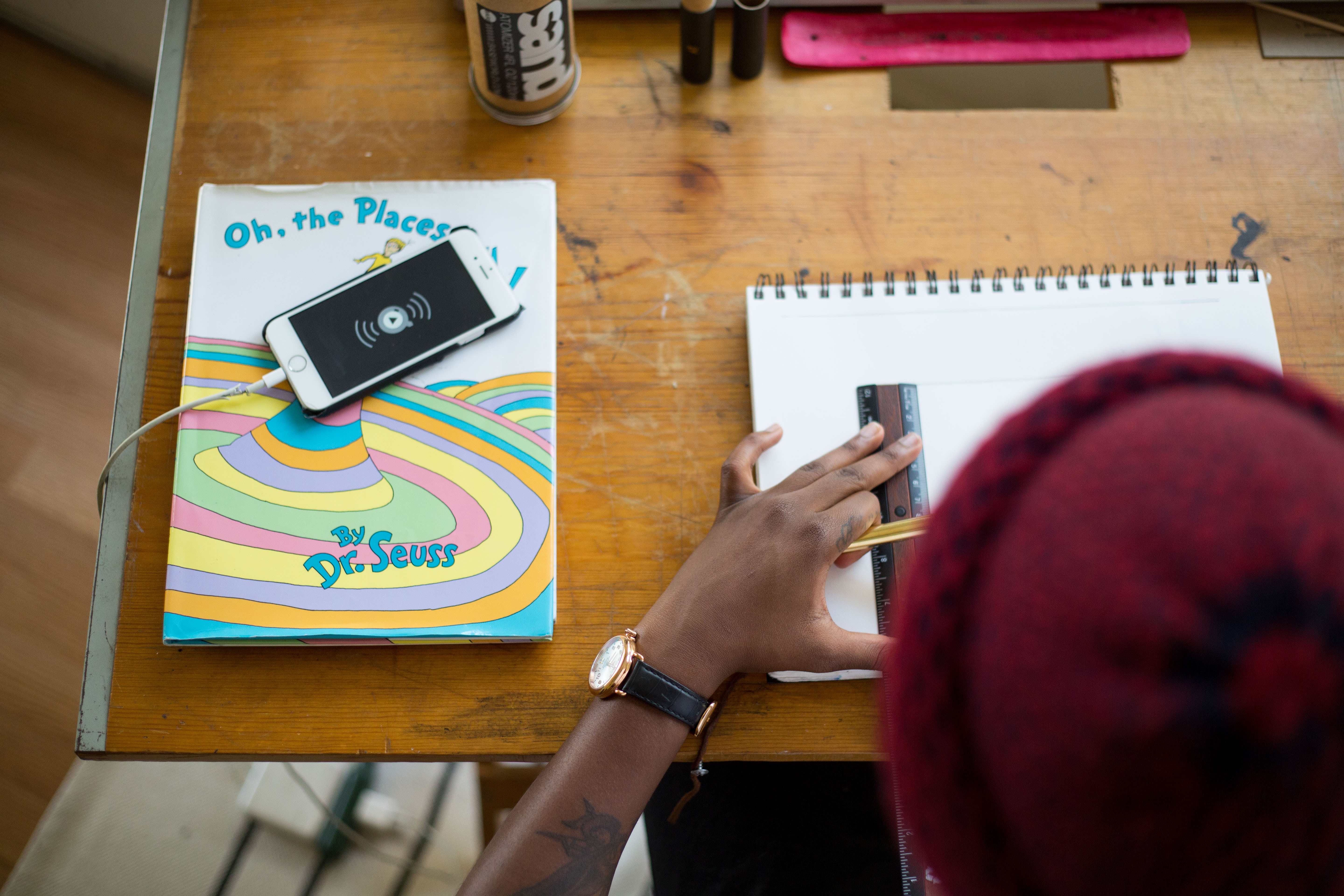Social Media changes in our students life
Like any other technological advancement that emerged before, social networks have affected the lives of students around the world. Websites such as Twitter, Facebook or Instagram have become a commonplace when it comes to everyday life of young people. They are confident that these applications will be the first to be installed on their new phones. But why? How do social media become so dominant and often even decisive in the social life of young people? Moreover, this affected even the life of colleges.
The pros
Research & Analysis
Believe it or not, social networks have changed the attitudes of most students toward their daily work in college. Many students in the field of human resources, economics, social sciences or even writing and design use social media for their research needs. There are also those who use the results of their research to get the best essay done later, helping with brainstorming, writing or editing.
There is no better way to get fresh and relevant data than to use social media to conduct interviews with people in person without disturbing them face to face. Although this may not provide specific behavioral data, it is still a great way to get raw and unchanged data for use in documents and projects.

Socializing
The most important aspect of using social networks at any age is the ability to communicate. It's easier, than ever, to find people with similar tastes and make friends over Facebook. But what are the side effects of communication over the Internet?
Many young people do not see that alienation from real human interaction leads to far-reaching consequences. They become socially uncomfortable, unable to conduct a proper conversation or simply become lonely, who spend time with their phones. While not always so, social networks provide a unique communication channel for college students, ensuring that they can always get help writing an essay or just chat with their friends and colleagues.
Networking
Like socialization, network interaction is another type of interaction in social services. Young people all over the world prefer to communicate with teachers or mentors via the Internet. It has been a long time since university days, when he talked with the professor for a couple of minutes, before heading home.
The network also allows all young people to build links with future employers and business partners and allow them to lay the groundwork for their careers at an early stage. Everyone needs a network, regardless of whether you are looking for an essay or a link to a line. What is important is that social media has created this option for young people around the world, and websites like LinkedIn are just for that.

The cons
Lack of focus
Focusing on different subjects. Given the fact that many of the documents that college students write can take days or weeks, it's no surprise that many of them are distracted.
The problem with the youngest people is that access to social networks is always at hand. There is always one. This leads to a serious loss of focus and breaks.
Social media is often described as one of the most useful educational tools for today's youth, but this statement is a double-edged sword. The quality of the work that college students can dramatically reduce with every new distraction, and social media can be distracting.
Anxiety & Stress
The most common problem that worries users of social networks in college is the anxiety and stress that comes with it. Students are very busy with their lectures, projects and documents. Not to mention all extracurricular activities that they want to take to maximize the opportunities of the college.
The use of social networks in such a stressful way of life does not mean a higher quality of experience. This often leads to stress and anxiety due to the huge amount of information that students experience. All the pages and news that they watch every day, distract them from the real problems of the college, such as the letter and the work that await them. Thus, they are lost in social networks, browsing the page for a page, mostly not related to it, to leave more attention than before.
With the pluses and minuses associated with paper, it's easy to understand why college students regularly use social networks and do not plan to stop. The impact of these platforms has become too large to comprehend or stop it.
All we can do is adjust our expectations and work ethic to account for such changes. Social media can and will be used to increase the productivity and success of future college students who are brought up in social networks.

Shorter attention spans
Social media affects more than students interact with each other and write their documents. Due to the fact that all with fingertips, many college students are struggling with less attention. This leads to the fact that they are nervous and often unhappy with the activities or lectures that last for hours.
Although some of them are looking for the cheapest service to help them in their work, some of them are disappointed at the new level. They are used for instant gratification and obvious rewards, not for investing time in activities to get long-term benefits.
Many college students end up with bad exam marks or openly leave college, because their attention has been greatly reduced. The result is a new generation of young people who are looking for different and unexplored career options.

Leave a Reply